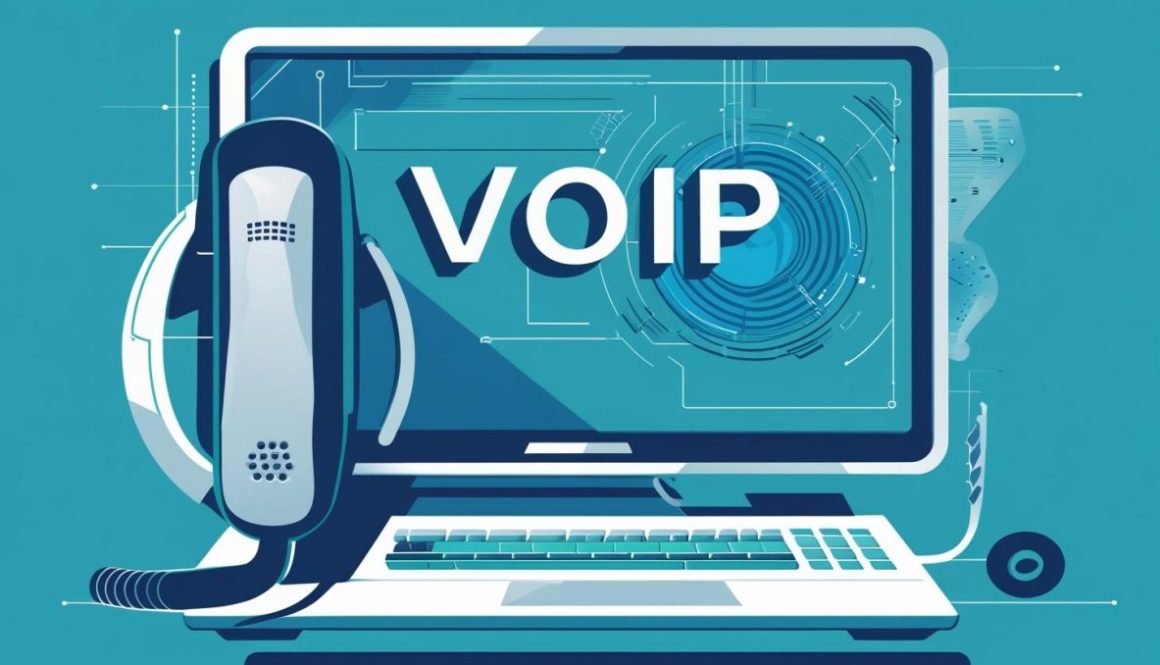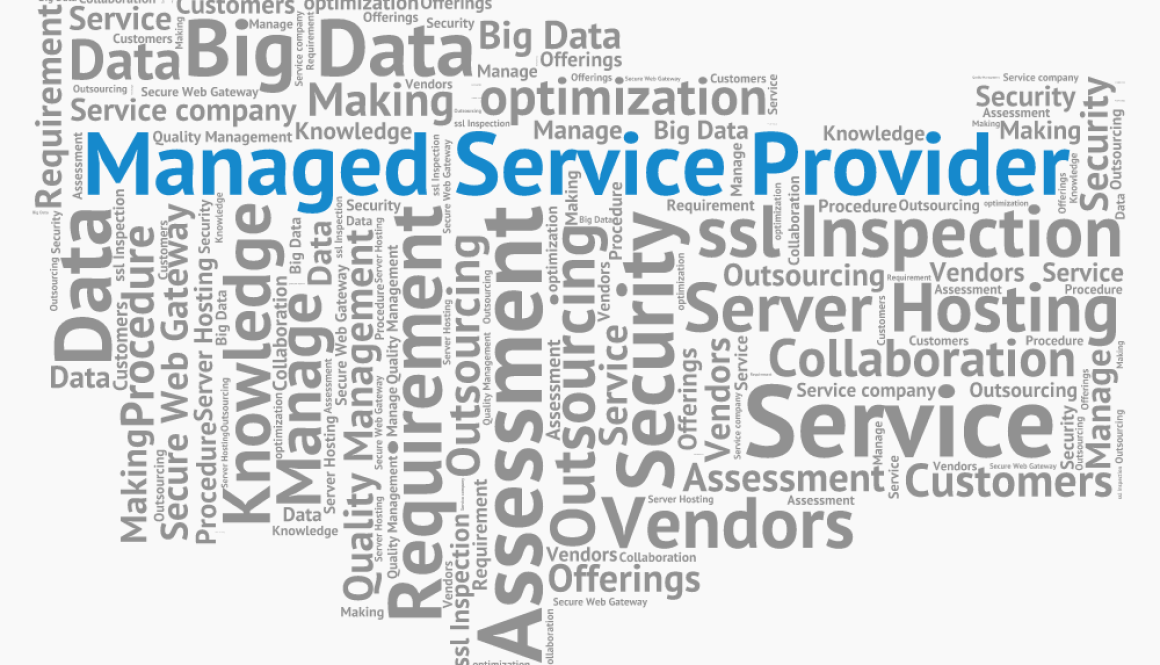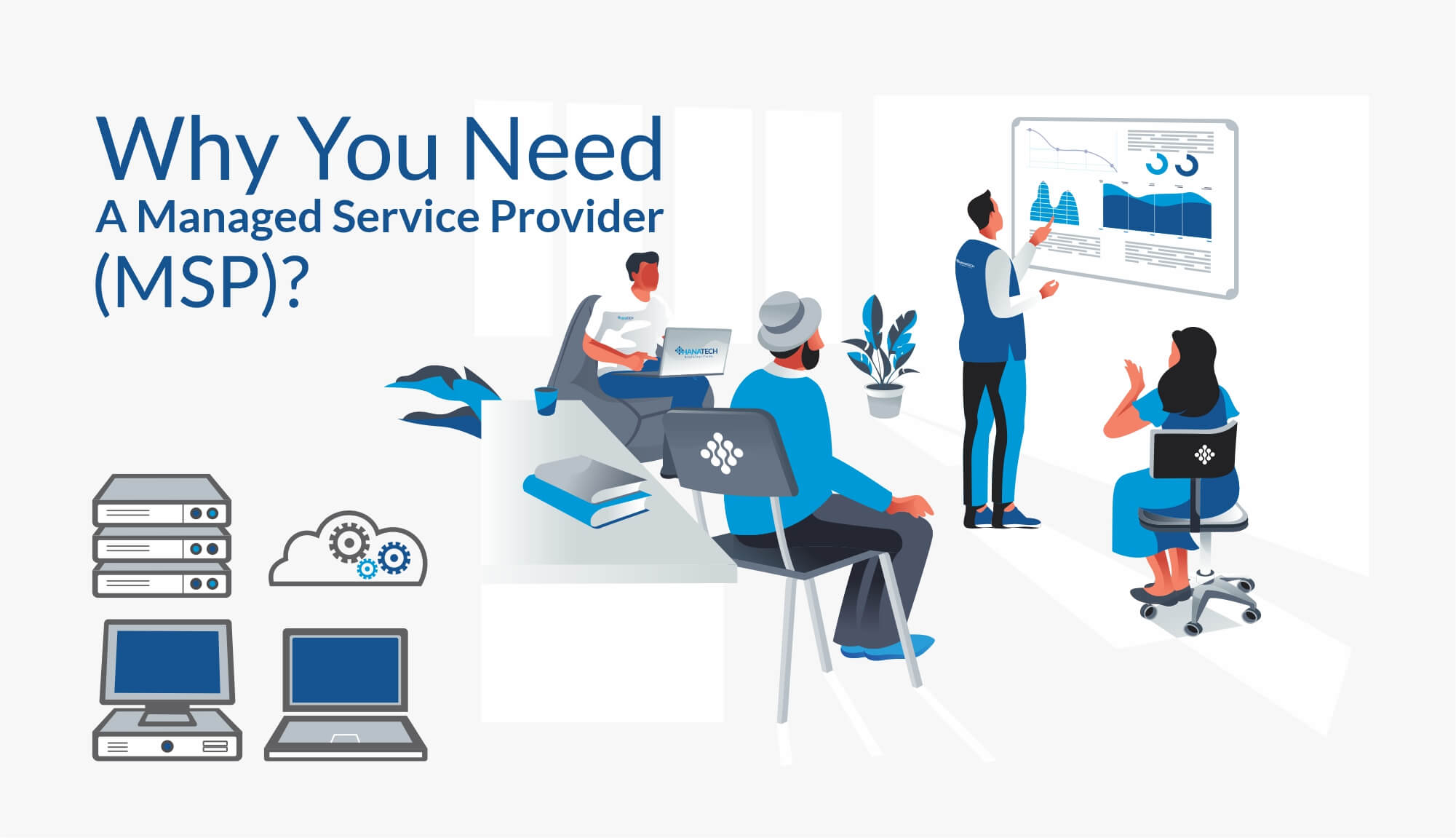The Future of Hybrid Work: IT Considerations for 2025 and Beyond
Hybrid work is no longer a temporary trend—it’s the new standard for how organizations operate. As we look ahead to 2025 and beyond, IT teams must prepare for a more flexible, digital, and security-focused workplace. Here are the key considerations shaping the future of hybrid work.
1. Security Comes First
With employees working from multiple locations, cybersecurity must be stronger than ever. Zero Trust frameworks, multi-factor authentication (MFA), and advanced endpoint protection will be essential to safeguard company data.
2. Cloud Adoption Continues to Grow
Hybrid work thrives on flexibility. Cloud platforms offer scalable storage, remote access to applications, and improved collaboration—all crucial as teams switch between home and office environments.
3. Smarter Device and Access Management
Employees are using more devices than ever. IT teams will need centralized tools to manage software updates, enforce security policies, and monitor devices across distributed teams.
4. Enhanced Collaboration Tools
The future workplace depends on seamless communication. Expect continued investment in video conferencing platforms, virtual whiteboards, and integrated communication hubs that support real-time teamwork from anywhere.
5. Redesigned, Tech-Enabled Offices
Office spaces will evolve into collaboration hubs. Smart meeting rooms, touchless systems, and IoT-powered environments will help teams work efficiently when on-site.
Conclusion
Hybrid work is here to stay, and its success depends on strong, future-ready IT strategies. By focusing on security, cloud technologies, device management, and effective collaboration tools, organizations can build a flexible and resilient workplace for the years ahead.











